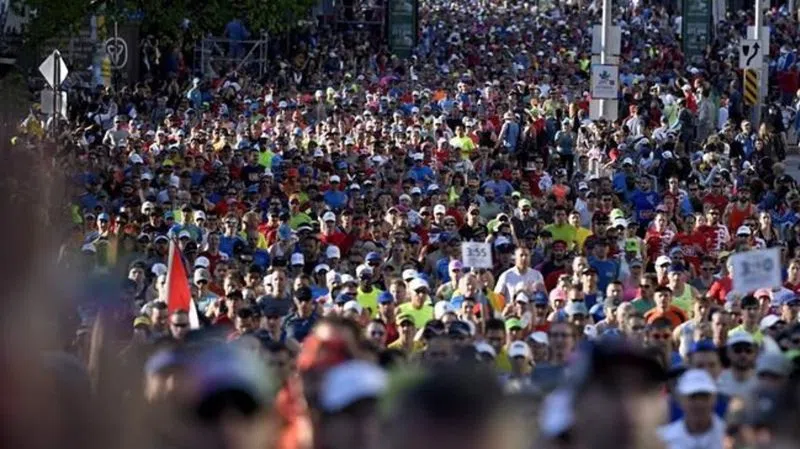
COVID-19 forces weekend warrior racers off the road, devastates race organizers
Donna Moore enters a road race almost every weekend. One after the other, they’re cancelled or postponed.
“My first cancellation was the St. Patrick’s Day road race,” said the 57-year-old from Airdrie, Alta.
“It’s kind of disheartening.”
With large gatherings of people discouraged, if not banned, the COVID-19 pandemic is wiping out community races every weekend across Canada.


